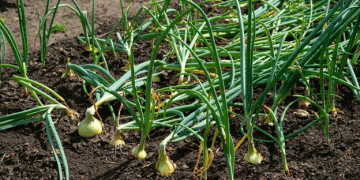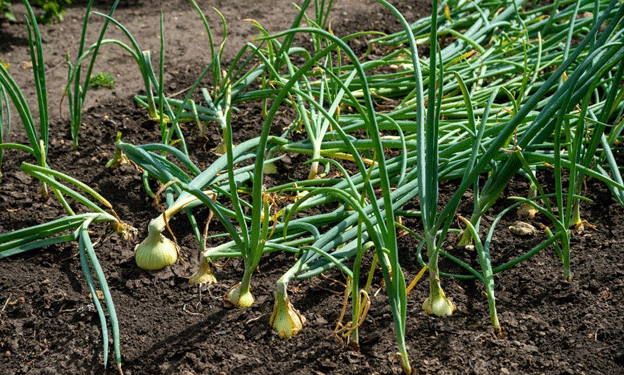A shipment of 66 tons of onions from Kazakhstan was recently denied entry into Russia’s Chelyabinsk region due to labeling discrepancies. The Ural Interregional Administration of Rosselkhoznadzor, in collaboration with border control authorities, identified the issue during a routine phytosanitary inspection at the Bugristoe border checkpoint.
Labeling Issues Identified
The inspection revealed that the labeling on the shipments was inconsistent and misleading:
- One truck’s documentation indicated it was carrying Uzbek peanuts.
- Another truck claimed to be transporting Chinese grapes.
- A third described its cargo not as onions but as Russian potatoes.
These irregularities prompted Rosselkhoznadzor to prohibit the shipment from entering Russia and return the vehicles to Kazakhstan under official supervision.
Importance of Proper Labeling
Accurate labeling is not merely a bureaucratic requirement; it is essential for:
- Phytosanitary Compliance: Ensuring imported goods meet health and safety standards to prevent the spread of pests and diseases.
- Trade Integrity: Maintaining trust and transparency in international agricultural trade.
- Efficient Border Operations: Avoiding delays and potential financial losses caused by non-compliance.
In this case, the discrepancies posed a risk of introducing improperly monitored produce into the Russian market, which could compromise food safety.
Broader Implications
This incident underscores the critical role of regulatory compliance in cross-border agricultural trade. With increasing global demand for produce and tighter biosecurity measures, countries are scrutinizing imports more rigorously. Kazakhstan, as a key supplier of onions to Russia, must address such issues to avoid disruptions in trade relations.
The return of 66 tons of onions highlights the importance of strict adherence to labeling and documentation requirements in agricultural exports. For both exporters and importers, this serves as a reminder that proper preparation and compliance with international standards are essential for seamless trade operations. Strengthening such practices will not only improve efficiency but also foster greater trust in global agricultural supply chains.































